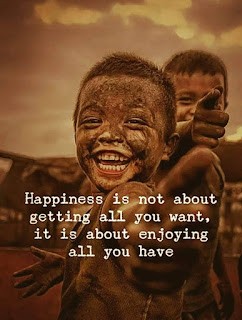"NASTY PEOPLE: How to Stop Being Hurt by Them Without Stooping to Their Level" by 'Jay Carter' is a self-help book that provides strategies for dealing with difficult, manipulative, and toxic individuals.
Carter defines "nasty people" as those who use subtle and overt means to demean, control, or belittle others.
Here are eight strategies from "Nasty People":
1. RECOGNIZE THE BEHAVIOUR OF NASTY PEOPLE:
The first step in dealing with nasty people is to recognize their behavior. They often use tactics such as criticism, sarcasm, and manipulation to undermine others. Understanding these behaviors helps you identify when you are being targeted.
2. UNDERSTAND THE MOTIVATIONS BEHIND NASTY BEHAVIOUR:
Nasty people often act out of insecurity, jealousy, or a need for control. By understanding their motivations, you can better empathize with them and reduce the personal impact of their behavior. This understanding also helps in developing effective strategies to deal with them.
3. MAINTAIN EMOTIONAL DISTANCE:
It's crucial to maintain emotional distance from nasty people. Do not take their actions or words personally. By detaching emotionally, you protect your self-esteem and reduce the power they have over your emotions.
4. SET BOUNDARIES:
Setting clear and firm boundaries is essential when dealing with nasty people. Communicate your limits assertively and consistently enforce them. Boundaries help protect your emotional well-being and ensure that nasty people cannot overstep their bounds.
5. USE ASSERTIVE COMMUNICATION:
Assertive communication is key to dealing with nasty people. Be clear, concise, and confident in your interactions. Avoid being aggressive or passive; instead, aim for a balanced approach that respects both your rights and the rights of the other person.
6. DO NOT ENGAGE IN POWER STRUGGLES:
Nasty people often thrive on power struggles and conflict. Refuse to engage in their games. Stay calm and composed, and do not give them the satisfaction of seeing you upset or defensive. This approach helps neutralize their attempts to control or belittle you.
7. FOCUS ON SOLUTIONS, NOT BLAME:
When dealing with nasty people, focus on finding solutions rather than assigning blame. This constructive approach helps diffuse tension and can lead to more productive interactions. It also demonstrates maturity and a willingness to move past conflicts.
8. SEEK SUPPORT WHEN NEEDED:
Dealing with nasty people can be emotionally draining. Seek support from friends, family, or professional counselors when needed. Having a support system helps you process your experiences and gain perspective, ensuring you do not feel isolated or overwhelmed.
Book: https://amzn.to/3RlIYNw
––––––––––––––––––––
CR: Book Joint










Comments
Post a Comment